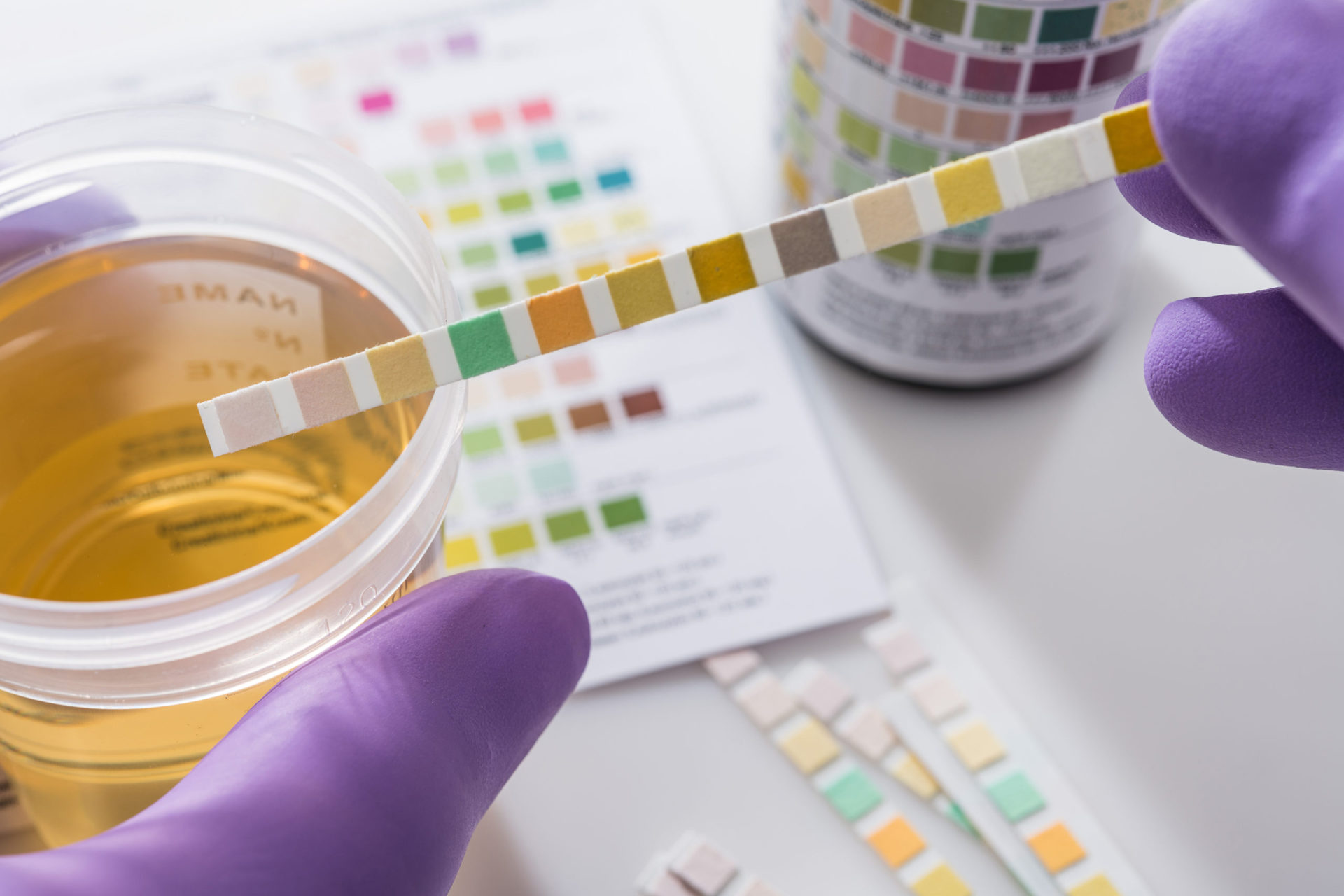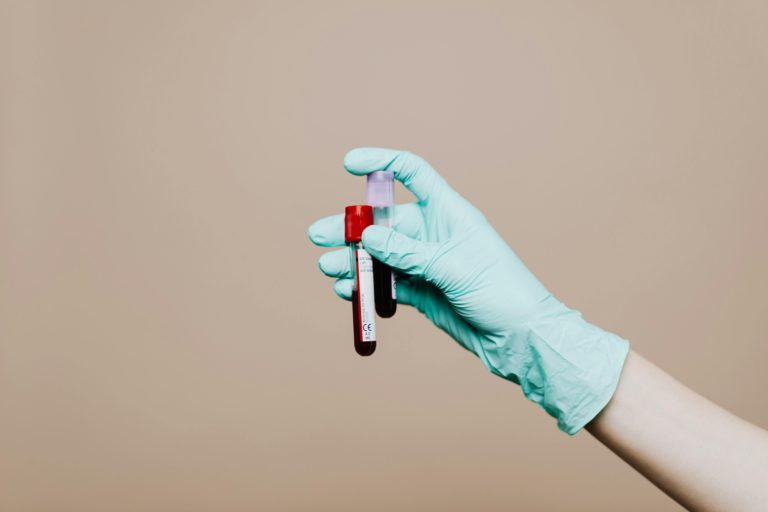
Urine toxicology is a valuable diagnostic tool used in medical and forensic settings to detect the presence of various substances in a person’s urine. It provides crucial insights into drug use, medication monitoring, and the identification of toxins or chemicals in the body. This article aims to provide a comprehensive overview of urine toxicology, its significance, the testing process, and its applications in different fields.
Understanding Urine Toxicology
Urine toxicology, also known as urine drug testing or urinalysis, is a non-invasive method used to analyze a person’s urine sample for the presence of various substances. It serves as a valuable tool in healthcare, addiction treatment, pain management, workplace safety, and forensic investigations. By detecting the presence of drugs, medications, or toxins, urine toxicology helps healthcare professionals make informed decisions regarding patient care and treatment plans.
Importance of Urine Toxicology
Urine toxicology plays a vital role in several domains:
Healthcare:
In healthcare settings, urine toxicology is used to monitor patients’ medication compliance, detect drug misuse or abuse, and identify potential drug interactions. It aids in diagnosing medical conditions, assessing treatment effectiveness, and managing pain medications.
Addiction Treatment:
Urine toxicology is an essential component of addiction treatment programs. It helps healthcare providers monitor patients undergoing drug rehabilitation and identify any relapse or non-compliance with prescribed medications. By detecting illicit substances, urine toxicology assists in guiding personalized treatment plans and providing support to individuals in recovery.
Workplace Safety:
Certain industries, such as transportation and construction, require regular urine toxicology testing to ensure a safe working environment. By identifying employees who may be under the influence of drugs or alcohol, employers can prevent accidents, promote employee well-being, and maintain productivity.
Forensic Investigations:
Urine toxicology is commonly used in forensic investigations, such as post-mortem examinations and criminal cases. It helps determine if drugs or toxins were present in an individual’s system at the time of death or during a specific incident, providing valuable evidence for legal proceedings.
Where To Get Tested?
Say Goodbye To Waiting Rooms And Long Lines. Speedy Sticks offers at-home testing.
Assessing Overall Health and Wellness
Urine toxicology testing can offer insights into an individual’s overall health and wellness. The presence of certain substances or their metabolites in urine can indicate underlying health conditions, such as liver or kidney dysfunction, metabolic disorders, or hormonal imbalances. By analyzing urine samples, healthcare providers can identify potential health issues, initiate timely interventions, and monitor treatment effectiveness.
Monitoring Medication Compliance
For patients undergoing medication regimens, urine toxicology testing helps monitor medication compliance. By analyzing urine samples, healthcare providers can determine if patients are taking prescribed medications as directed. This is particularly important in pain management, addiction treatment, and psychiatric care, where adherence to medication plans is critical for successful outcomes.
Identifying Environmental Exposures
Urine toxicology testing can detect exposure to environmental toxins and chemicals. It helps evaluate occupational hazards, environmental contaminations, and potential toxic exposures. By identifying the presence of harmful substances in urine, healthcare providers can assess the impact on an individual’s health, provide appropriate guidance, and take preventive measures to mitigate further exposure.
Evaluating Nutritional Imbalances
Urine toxicology testing can provide insights into nutritional imbalances and deficiencies. By analyzing urine samples, healthcare providers can assess the levels of essential vitamins, minerals, and other nutrients in the body. This information helps identify dietary deficiencies, guide nutritional interventions, and optimize overall health and well-being.
Common Substances Detected in Urine

Urine toxicology tests can detect a wide range of substances, including:
Drugs of Abuse:
Urine toxicology screens for illicit drugs such as opioids, cocaine, amphetamines, marijuana, and benzodiazepines. These tests aid in the detection of recent drug use and provide valuable information for addiction treatment and rehabilitation.
Medications:
Prescription medications, including opioids, stimulants, sedatives, and antidepressants, can be detected in urine. Monitoring medication compliance through urine toxicology ensures patient safety and helps prevent misuse or abuse.
Alcohol:
Urine tests can also detect the presence of alcohol metabolites, providing information about recent alcohol consumption. However, it’s important to note that urine alcohol testing is less common than breath or blood tests for determining current impairment.
Applications of Urine Toxicology
Urine toxicology has extensive applications in various fields:
Clinical Settings:
In clinical settings, urine toxicology is used for pain management, addiction treatment, psychiatric care, and monitoring medication compliance. It helps healthcare professionals make informed decisions about patient care, adjust treatment plans, and ensure patient safety.
Workplace Testing:
Many industries require urine toxicology testing as part of pre-employment screening or random testing. By implementing drug testing programs, employers can maintain a safe work environment, reduce accidents, and promote employee well-being.
Forensic Science:
Forensic toxicology relies on urine toxicology to determine the presence of drugs or toxins in suspicious deaths, criminal cases, or incidents involving impaired driving. It provides crucial evidence for legal proceedings and helps establish the timeline of events.
Future Developments in Urine Toxicology
Advancements in urine toxicology are continuously being made to enhance testing accuracy, expand the range of detectable substances, and improve testing efficiency. These developments include the implementation of point-of-care testing devices, novel testing methodologies, and the identification of new drug metabolites.
Is Urine Toxicology the Most Accurate Method for Determining Drug Use?
Urine toxicology is a commonly used method for detecting drug use, it has certain limitations. Other methods, such as blood or hair testing, may be more accurate for specific substances or a longer detection window.
Can Urine Toxicology Detect all Drugs?
Urine Toxicology can detect a wide range of drugs, including opioids, cocaine, amphetamines, marijuana, and benzodiazepines. However, it may not detect certain drugs or substances that are not part of the testing panel.
Conclusion
Urine toxicology plays a vital role in healthcare, addiction treatment, workplace safety, and forensic investigations. It provides valuable insights into drug use, medication compliance, and the presence of toxins in the body. By utilizing urine toxicology, healthcare professionals and forensic experts can make informed decisions, guide treatment plans, and ensure public safety.
Say Goodbye To Waiting Rooms And Long Lines. Speedy Sticks offers at-home testing.








